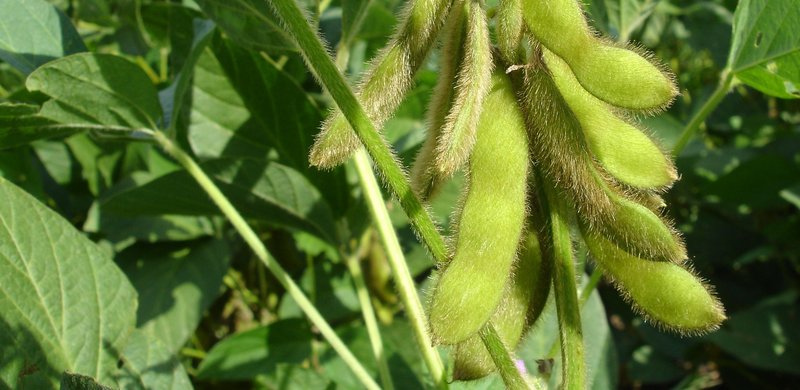News
ADM wants to crush more GMO-free soy from German cultivation
Capacity created for processing GMO-free soy
The major multinational agri-business Archer-Daniels-Midland (ADM) has significantly expanded its capacity for the production and storage of GMO-free soy products at its crushing facility in Mainz, Germany, reports the German industry magazine Agrarheute online. At the same time, ADM has created financial and logistical incentives to encourage farmers to grow soy in Germany. The reason for the investment is the growing demand for GMO-free local goods. ADM wants to utilise the newly created capacity of the crushing plant with harvests from German fields. The majority of the GMO-free goods currently comes from Ukraine.
VLOG Managing Director Alexander Hissting comments: "The initiative by ADM, one of the largest international soybean crushers, is a strong positive signal for the 'Ohne Gentechnik' (Non-GMO) market - for soybean cultivation and the long-term availability of GMO-free animal feed alike. With this decision, ADM is consistently responding to the high and growing demand for GMO-free feed and food."
Great potential for the niche crop
The demand for GMO-free soy from local production has increased in recent years, but cultivation on just under 45,000 hectares can only cover three percent of the demand. The level of self-sufficiency in the EU is also very low at around eight percent. According to the German Soy Promotion Ring, around two thirds of German farmland is suitable for soy cultivation. The Soy Promotion Ring estimates that around two million tons of soybeans could be produced there each year to cover 40 to 50 percent of the country's own requirements.
Soy cultivation has many advantages
According to Martin Miersch, Executive Chairman of the German Soy Promotion Ring, soy cultivation in Germany is economically viable for farms in suitable locations. The legume also has many advantages towards crop rotation and soil revitalisation. In addition, the protein plant requires little nitrogen fertiliser and chemical pesticides. According to the expert, these advantages, various subsidies as well as adapted varieties make soy cultivation attractive even for less suitable areas.
GMO-free soy from local cultivation (in German)
Information on soy cultivation in Germany (in German)

